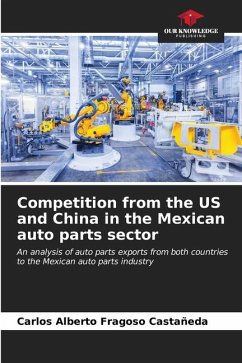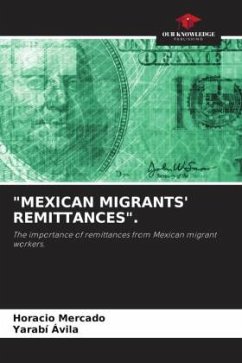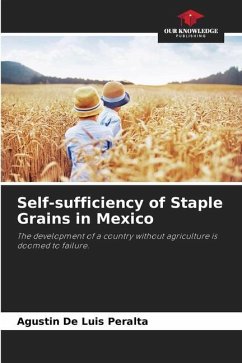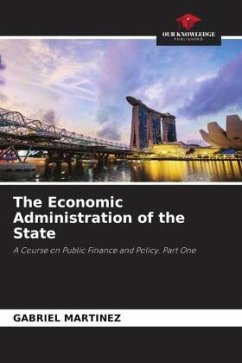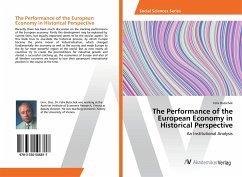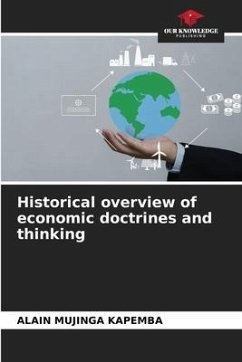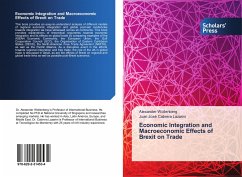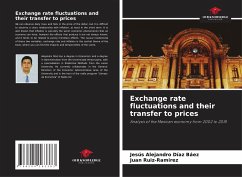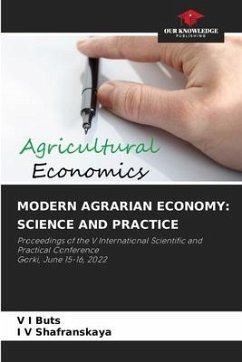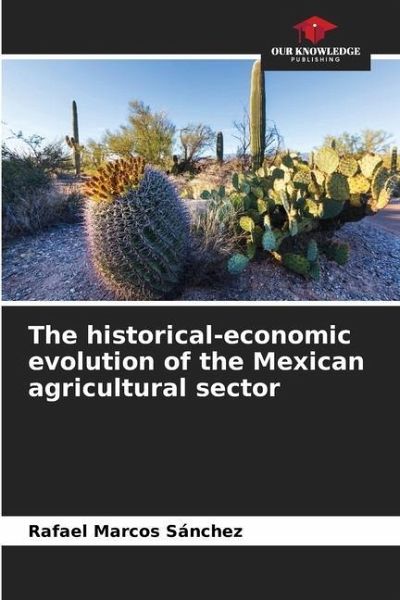
The historical-economic evolution of the Mexican agricultural sector
Versandkostenfrei!
Versandfertig in 6-10 Tagen
36,99 €
inkl. MwSt.

PAYBACK Punkte
18 °P sammeln!
The Mexican agricultural sector is an important pillar of the country's economy and its evolution has been determined by the economic model established in the country for its development. More than twenty years after the liberalisation of the sector and the signing of NAFTA, Mexico, Canada and the United States renegotiated a new North American Free Trade Agreement on 30 November 2018. There has been much questioning about the impacts of such an agreement on different sectors in the three countries. During the negotiations between the United States and Mexico, one of the sectors that has gaine...
The Mexican agricultural sector is an important pillar of the country's economy and its evolution has been determined by the economic model established in the country for its development. More than twenty years after the liberalisation of the sector and the signing of NAFTA, Mexico, Canada and the United States renegotiated a new North American Free Trade Agreement on 30 November 2018. There has been much questioning about the impacts of such an agreement on different sectors in the three countries. During the negotiations between the United States and Mexico, one of the sectors that has gained relevance in these negotiations has been the agricultural sector, especially on the Mexican side. Impressions conveyed are of consolidation and maintenance of the agreements reached over the last twenty years. However, is the Mexican countryside productive and has it developed in recent years? Has the Mexican agricultural sector evolved adequately since independence from Spain and after the Mexican revolution at the beginning of the 20th century? Reading this book will serve to contextualise its evolution and clarify the possible answers to these questions.



